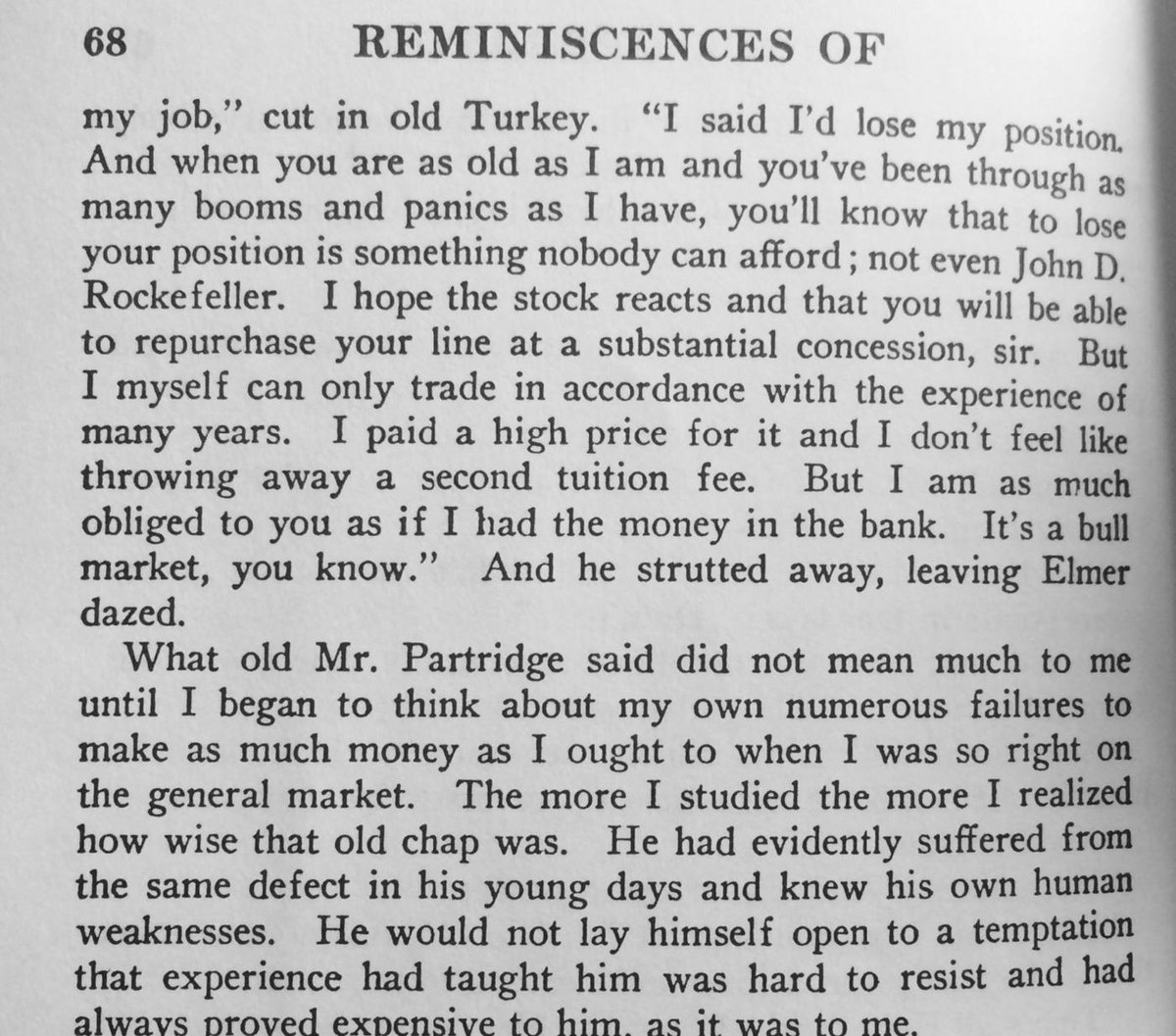“Where’s the Dow going to be in a year?”
That’s often asked of financial TV guests. From their responses, you’ll detect two distinct investment philosophies emerge. Which answer resonates with you most strongly probably determines the sort of investor you are. It also affects the odds of how well your portfolio is likely to do.
Imagine it is a random Wednesday, and despite my past warnings about noise, you have a television tuned to a financial news station. That very question is posed to two television guests; let’s call them “Alpha” and “Beta.” Their answers — which are quite different — reflect their competing investment schools of thought.
Guest Alpha’s response is very specific. Yet it incorporates so many factors, it’s hard to keep up with. Rather than fill this in with the news of the moment — Fed raising rates! China devaluation! Greek bailouts! Gold collapse! — I have left the details blank so this remains “evergreen.” This not only shows how many variables are involved, but it avoids the emotional response you may have to any of these specific issues.
So Alpha is asked where the Dow will be in a year, and he responds:
“Our view is that the economy in the U.S. continues to _______, and we foresee _______ problems overseas ______. China is _______, and that has ramifications for the Pacific Rim’s ______. Greece is ______ in Europe. The commodity complex is causing _____ for emerging markets. But many sectors of the U.S. economy remain _______, and some sectors overseas are still _______. The valuation issue continues to be _____, and that means _____ for investors. That has ramifications for corporate profits that will be ______. We think the economy is going to do ______, and you know that means inflation will be _____, which will force interest rates to ______. Under these conditions, the sectors most likely to benefit from this are ______, ______ and ______. The companies best positioned to take advantage of this are ____, ____ and ____. Based on all that, we especially recommend an overweight allocation to ____, ____ and ____. Thus, we believe the Dow will be at ______ next year.”
You can turn on FinTV any day of the week and hear some variation of that discussion. (more…)



